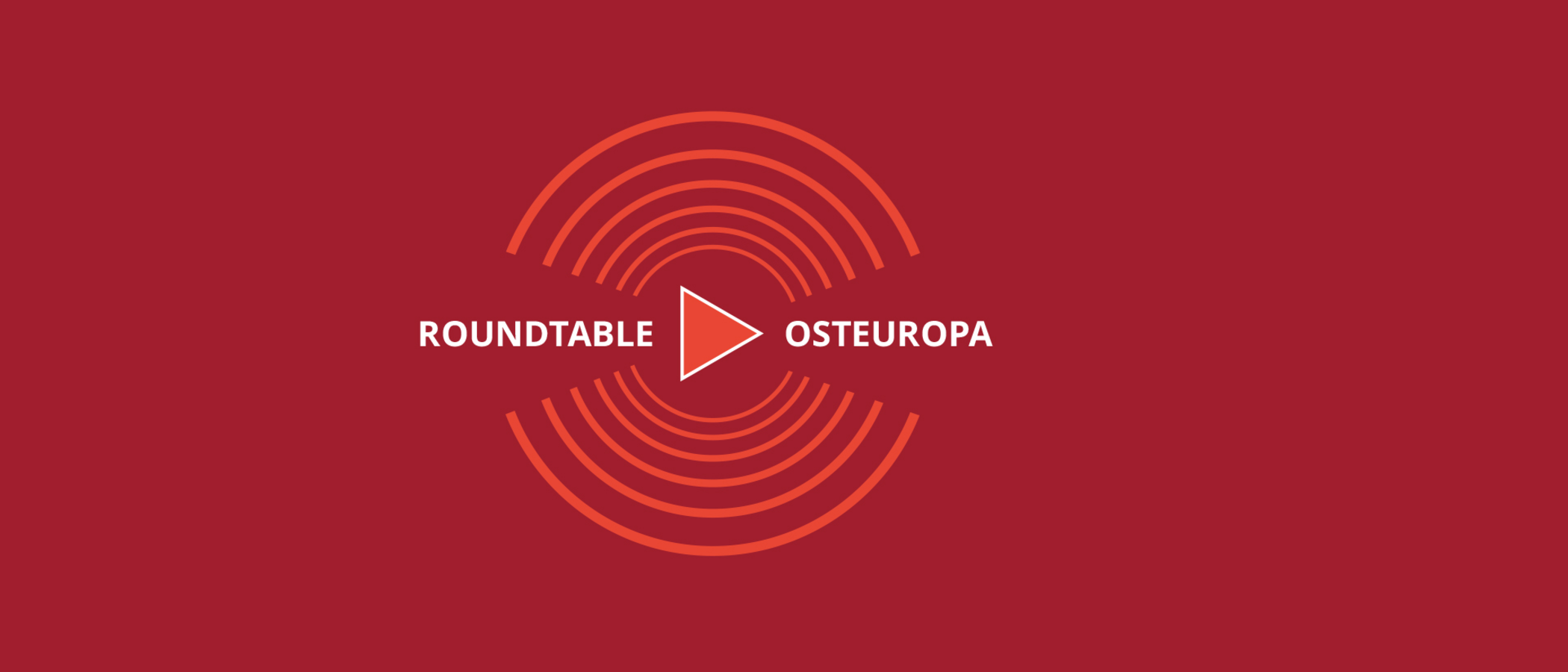Russians on the Move: Reception and Response in Georgia and Armenia
Since Russia's full-scale invasion of Ukraine in 2022, hundreds of thousands of Russians have left their country. Many of them went to the South Caucasus, with Georgia and Armenia becoming popular destinations. In this episode, we explore why these countries were chosen, how the newcomers were received, and how both they and the host societies have adapted to this new reality.
Why were Georgia and Armenia a particular magnet for Russian migrants? What has life been like for them since they arrived? We delve into local reactions, from skyrocketing rents and unofficial boycotts in Georgia to more restrained responses in Armenia, and try to explain these differences. Are they rooted in history, politics or economics? How do official attitudes towards Russia influence everyday interactions? And what opportunities are there for Russian activists in these countries?
This episode looks at the connection between mobility, politics and memory in the South Caucasus and shows how this region has been greatly affected by Russia's war.
Teilnehmer*innen
-
Margarita Zavadskaya (Researcher at the Aleksanteri Institute – Finnish Centre for Russian and East European Studies)
-
Tsypylma Darieva (ZOiS, head of the research cluster on ‘Migration and Diversity’)
-
Moderation: Stefanie Orphal (ZOiS, Communications Director)
(Music: “Complete” by Modul is licensed under a CC BY-NC-ND 3.0-License.)

Roundtable Osteuropa
Der Roundtable Osteuropa ist ein Podcast des ZOiS. Hier diskutieren Wissenschaftler*innen des ZOiS und Gäste über ihre Forschung zu Osteuropa. Dabei gehen wir auf aktuelle Ereignisse in Politik und Gesellschaft ein, versuchen aber auch, unbekanntere Themen zu beleuchten – mit Einblicken aus Soziologie, Politikwissenschaften, Geografie, Sozialanthropologie, Literaturwissenschaften und Theologie.
